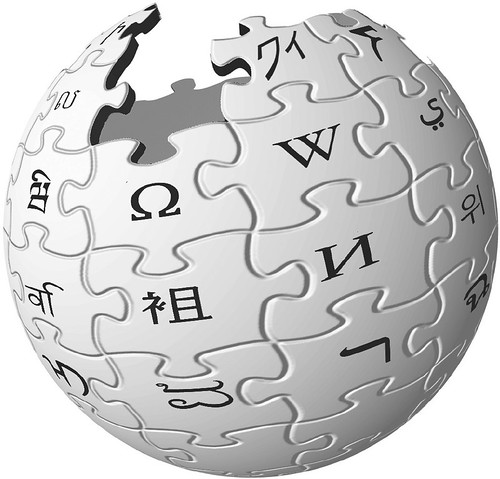So
this was my first time using the social medial application Storify as I did not
even know that an application like this existed. After playing around with the application it
was quite easy to figure out how it worked.
Animal
Rights is a very controversial topic that is up for debate among many
people. Some agree that animals deserve
rights and some believe that they do not.
However whether you agree of disagree with the rights that animals
should be obligated to have, we have to make a conscious decision and think
about what is ethical versus unethical.
Today animals are used in numerous ways that are unethical and they are
put through pain, torture and even death. Animals are used for testing cosmetics,
making clothes, food, producing a profit, and even for entertainment. However despite all of these horrible things
that are occurring around the world there are various organizations that are
working towards animal rights.
For my Storify I chose the topic of
organizations that are working towards giving animals rights. Everyday animals suffer directly because of a
human hand, however there are people out there that are trying to make a
difference. I chose to focus on the
organization PETA. PETA is a non-profit
organization that focuses their attention on the ethical and fair treatment of
animals. They try and spread the word of
fair and ethical treatment of animals by getting themselves out there by
posting on various social media networks.
Also to really grab people’s attention they have many celebrities or
people of importance help them with advertising animal rights.
In
my Storify application I included a variety of social media outlets along with
pictures, videos, and web news. All
elements of the Storify were directly from PETA thus showing how they are
trying to create change. I included two
advertisements produced by PETA working with celebrities like Pamela Anderson as
well as Daver Nevaro, with both pictures showing its viewer that animals
deserve rights. Also I included two Facebook
comments from Facebook users opinions, thoughts, and participation that they
have with the PETA organization. Another
element that I included to my Storify was a video commercial produced by PETA
showing that animal testing does take place and that it is unethical and that
we should discontinue doing so because animals do not deserve to be tortured or
even killed because of products we want to purchase. The last two elements that I included in my
Storify were two web news broadcasts straight from USA Today and PETA. One of the articles was on Obama
vegetarianism and love for broccoli and the other was on Nicki Minaj and her
rejection to wearing fur. What I noticed
about the organization was that in order to persuade an audience to take the
topic of animal rights seriously they used celebrities to reach their target audience.

